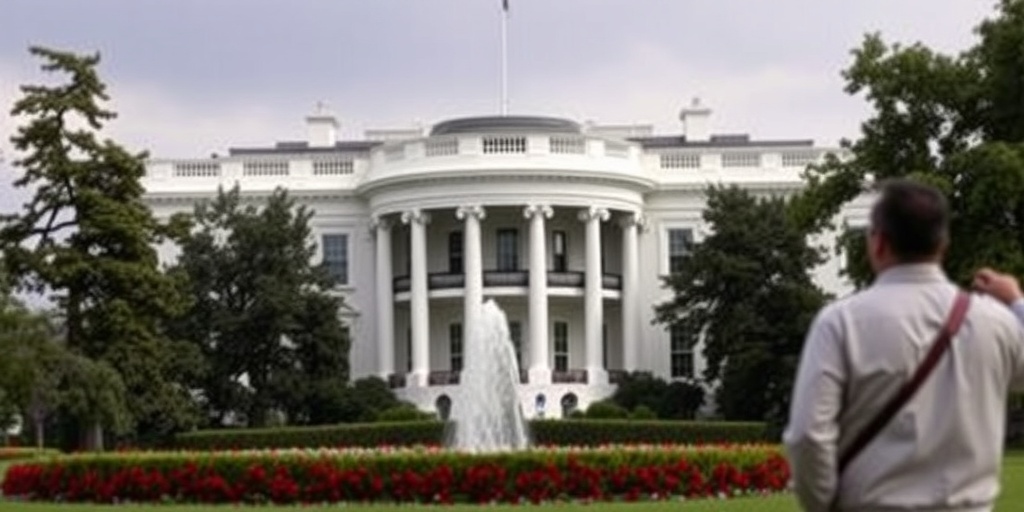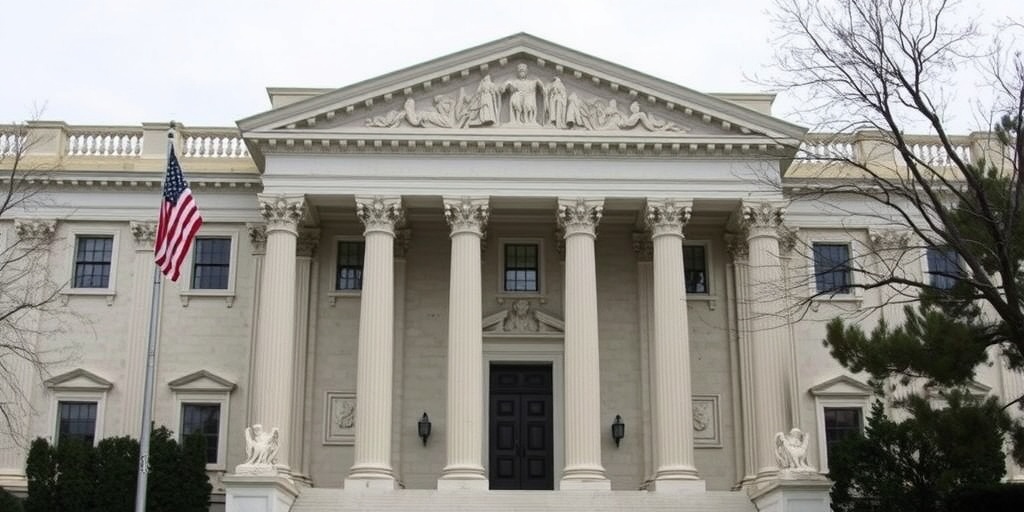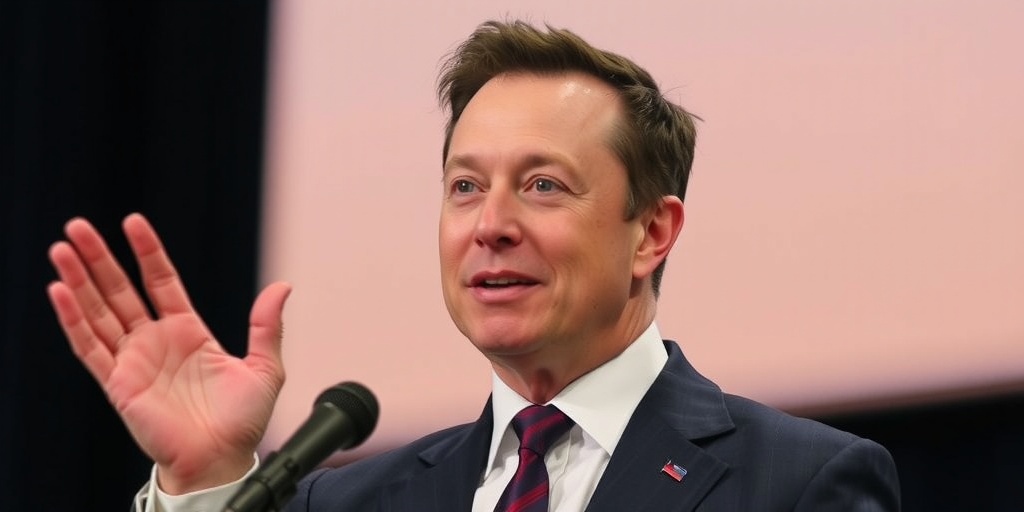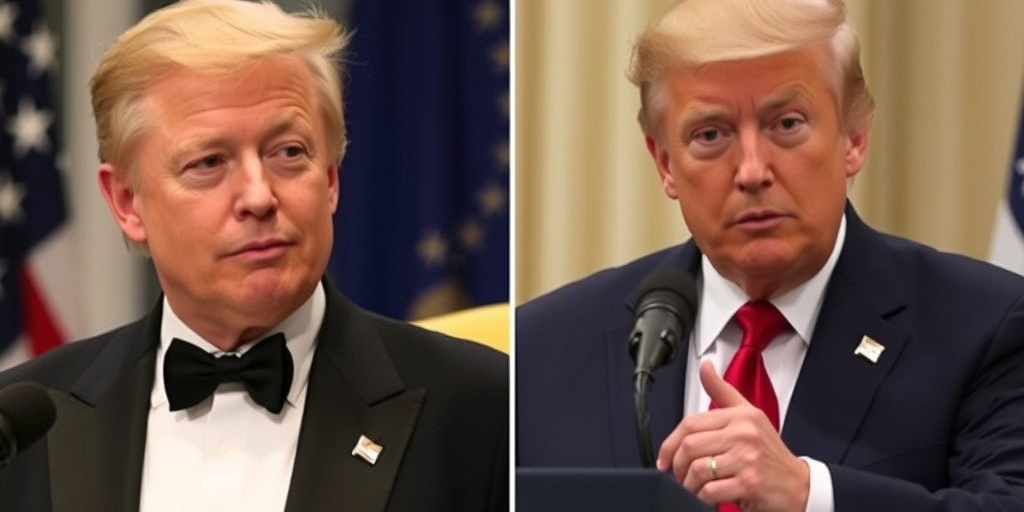Now Reading: House GOP Struggles to Unify on Spending Bill Vote
-
01
House GOP Struggles to Unify on Spending Bill Vote
House GOP Struggles to Unify on Spending Bill Vote
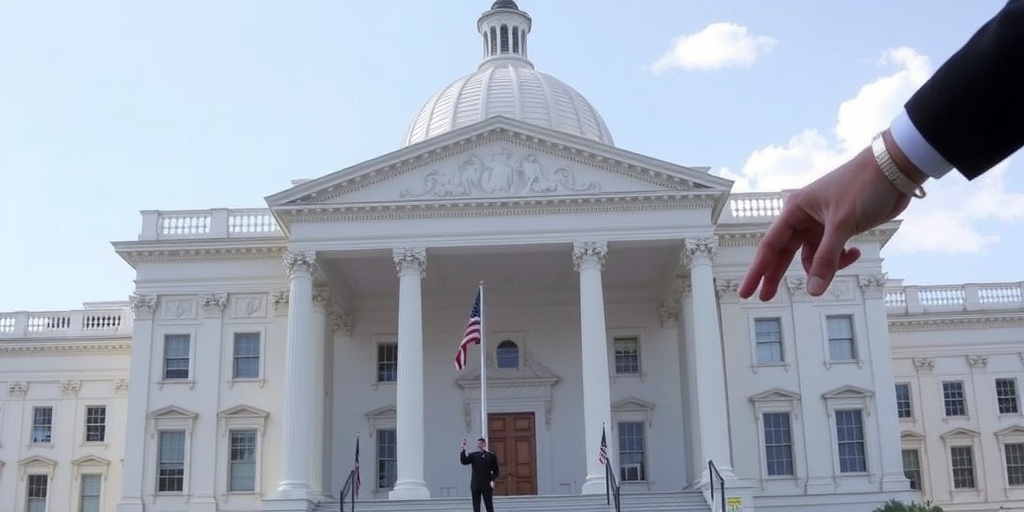
Title: Tensions Rise Among Republicans as Government Funding Vote Approaches
As the clock ticks down to a potential government shutdown at the end of the week, Speaker Mike Johnson and former President Donald Trump are actively working to consolidate Republican support ahead of a crucial vote on a funding bill set to take place on Tuesday afternoon. This legislation aims to sustain government funding through September 30, primarily by maintaining last year’s spending levels while increasing military funding by $6 billion. However, it is projected to decrease overall funding, as it excludes allocations for earmarked projects within lawmakers’ districts and imposes a reduction of over $1 billion on the District of Columbia’s budget for the remainder of the fiscal year.
House Democratic leaders are solidifying their opposition to the proposed bill, characterizing it as a means of granting excessive discretion to the Trump administration, which they argue is aimed at a drastic reduction in federal spending. They have also expressed concerns regarding the lack of protections for vital programs such as Social Security, Medicare, and Medicaid, which, while not funded through the appropriations process, carry significant weight in political discussions.
In a precarious position, House Republican leaders can afford to lose only one vote from their ranks if every Democrat is present and votes against the funding measure. Representative Thomas Massie of Kentucky has already announced his intention to vote against the bill, despite facing intense criticism from Trump, who has indicated he might support a primary challenger for Massie in the upcoming election.
Massie’s defiance is rooted in his discontent with current spending practices. “Unless I get a lobotomy Monday that causes me to forget what I’ve witnessed the past 12 years, I’ll be a NO on the CR this week,” he declared on social media, employing the acronym for continuing resolution. He criticized the notion that Congress would engage in a more favorable struggle in the future.
Historically, many conservative House Republicans have resisted supporting stopgap funding bills, expressing dissatisfaction with maintaining flat spending levels without substantial cuts. In previous instances, this resistance has led Republican leaders to seek Democratic cooperation to prevent government shutdowns, a strategy that culminated in the ousting of former Speaker Kevin McCarthy in early 2023. However, some hard-liners who traditionally opposed temporary funding measures have begun to show a willingness to support the current bill, motivated by a desire to grant Trump and his administration more leeway in restructuring federal spending through recently established initiatives, such as those led by Elon Musk’s Department of Government Efficiency.
Representative Warren Davidson of Ohio voiced concerns among constituents about the ongoing funding discussions, expressing the need for a strategic approach that aligns with Trump’s governance style. “This is how the president has asked us to fight now, so that they can do what they’re doing with DOGE,” he noted, referring to Trump and the redefined engagement with spending policies.
In a significant strategic move, Johnson declined to endorse a funding extension that would carry through September, pushing instead for a mid-March deadline. This decision was intended to empower Trump to implement his vision for federal spending shortly after taking office. Nevertheless, the inability of Republicans to pass substantial spending bills thus far has left them with no choice but to consider a temporary solution to avert a government shutdown.
Vice President JD Vance met with House Republicans on Tuesday morning, reinforcing the administration’s position that the current funding bill represents their best option given the circumstances. Representative Mark Alford of Missouri noted that Vance emphasized the short timeline since the new administration took office, indicating limited ability to achieve different outcomes at this juncture.
Representative Michael Cloud of Texas, typically a skeptic of stopgap funding measures, announced his decision to support the bill, acknowledging it as a way to empower the president while underscoring the importance of trust in the current administration. “If it wasn’t for the trust in the president and his administration, voting for a C.R. wouldn’t even be a conversation,” he remarked.
Several House Republicans expressed renewed confidence in the proposed bill, reflecting an expectation that the Trump administration would resist utilizing funds programmatically allocated by Congress, particularly for initiatives that conservatives have consistently opposed. Davidson pointed out that assurances came from leadership, such as Marco Rubio at the State Department, indicating that certain funds—like U.S. AID—would not be spent, despite ongoing legal challenges to the administration’s authority in this regard.
In summary, the Republican Party finds itself at a crossroads as it navigates internal divisions ahead of a critical voting moment. With strong leadership from Trump and Johnson, combined with some conservative members’ willingness to support the funding resolution, the path forward remains uncertain as tensions heighten and a government shutdown looms ever closer.
Stay Informed With the Latest & Most Important News
Previous Post
Next Post
-
 01New technology breakthrough has everyone talking right now
01New technology breakthrough has everyone talking right now -
 02Unbelievable life hack everyone needs to try today
02Unbelievable life hack everyone needs to try today -
 03Fascinating discovery found buried deep beneath the ocean
03Fascinating discovery found buried deep beneath the ocean -
 04Man invents genius device that solves everyday problems
04Man invents genius device that solves everyday problems -
 05Shocking discovery that changes what we know forever
05Shocking discovery that changes what we know forever -
 06Internet goes wild over celebrity’s unexpected fashion choice
06Internet goes wild over celebrity’s unexpected fashion choice -
 07Rare animal sighting stuns scientists and wildlife lovers
07Rare animal sighting stuns scientists and wildlife lovers














